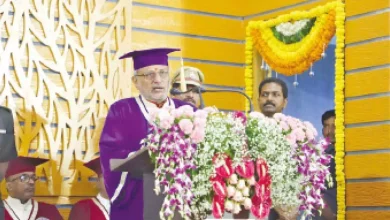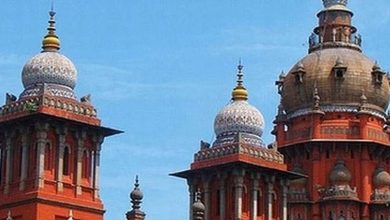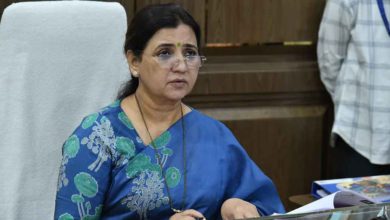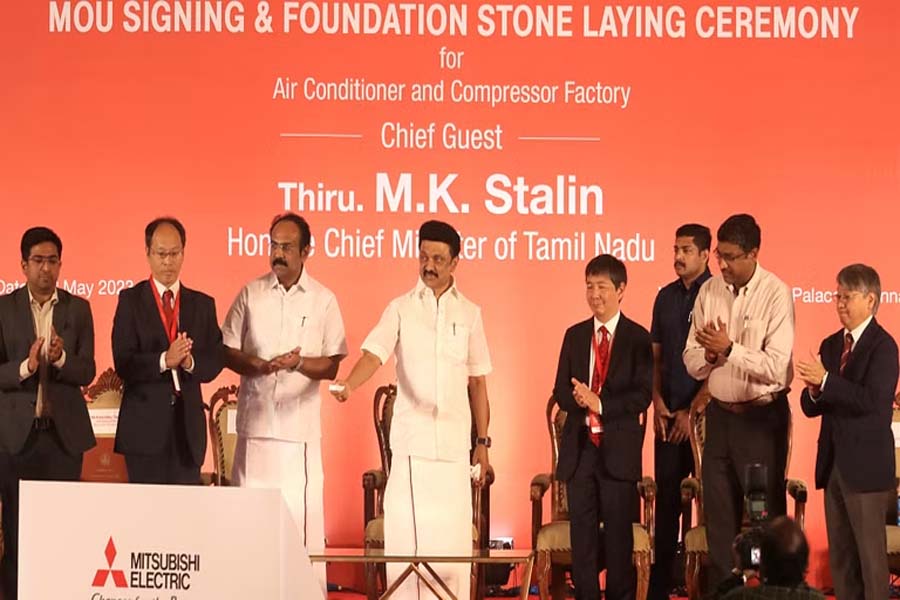Punjab: Time to choose between free politics and quality life

Punjab: The Aam Aadmi Party’s failure to come to power for a third consecutive term in Delhi, despite its much-touted governance, is ringing alarm bells in party-ruled Punjab ahead of the 2027 state assembly election. Despite an attempt to replicate the Delhi model on a larger scale, the state’s 167 urban local bodies are grappling with issues of “sanitation, roads, livestock and pollution”, affecting the lives of over 3 crore Punjabis. The Delhi debacle has shown that the politics of freebies cannot hold its sheen for long if development and infrastructure are not improved at the grassroots level. Opposition parties in Punjab have also targeted the AAP over unfulfilled pre-poll promises. Meanwhile, the state of infrastructure remains worrisome. Crores of rupees were spent on improving civic infrastructure under the Smart City Mission in Ludhiana (Rs 950 crore), Amritsar (Rs 300 crore) and Jalandhar (Rs 860 crore), but no impact is visible on the ground. Garbage dumps, encroachments, open drains, faulty streetlights and stray cattle roaming freely leading to road accidents are all too common as residents feel there has been no significant change in their quality of life.
Punjab is struggling to bridge the huge gap between the amount of solid waste it generates and the capacity of its 167 urban local bodies to treat it, drawing the ire of the National Green Tribunal (NGT). Last year, the AAP government had admitted before the green tribunal that only 41 per cent of the solid waste generated in the state was being treated. The government told the NGT in an affidavit that of the total 4,376 tonnes per day (TPD) of solid waste generated in the state, only 2,040 TPD was being processed. In the four major hubs of Amritsar, Jalandhar, Ludhiana and Patiala, the urban bodies were processing less than half of the waste they were generating. These four municipal corporations are among the 78 municipalities that have set a target of treating 100 per cent of solid waste generated in their jurisdiction by December 2025. Punjab’s progress has been sluggish in dealing with legacy waste, which includes waste collected and stored for long periods in barren lands or designated landfill sites. Data shows that 500 tonnes of waste remains untreated per day in Jalandhar city.
The Wariana dumping site, which had 700 metric tonnes (MT) of waste about six years ago, today has 10 lakh metric tonnes of waste stored. In Ludhiana, the issue of solid waste management is very serious. The city generates about 1,100 tonnes of solid waste every day. About 3,000 tonnes of waste is collected every day by the 13 municipal corporations in Punjab. 21 lakh metric tonnes of solid waste has been dumped in an area of over 50 acres at the Jamalpur landfill on Tajpur Road in Ludhiana. The Punjab Pollution Control Board in Amritsar has identified serious flaws in solid waste disposal. The Bhagatwala dump alone has accumulated over 10 lakh metric tonnes of garbage in the last 30 years, with new waste still being dumped regularly. The city generates around 500 metric tonnes (MT) of waste every day. In the last two years, ruling party legislators have also raised issues related to sewerage, water pollution and garbage collection during assembly sessions. Now, it remains to be seen whether Punjabis will continue to fall for freebies or opt for a better standard of living for themselves and their future generations.





